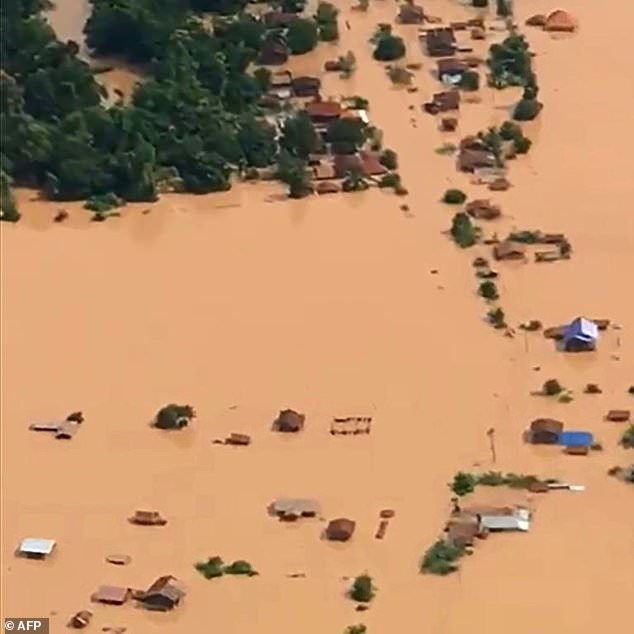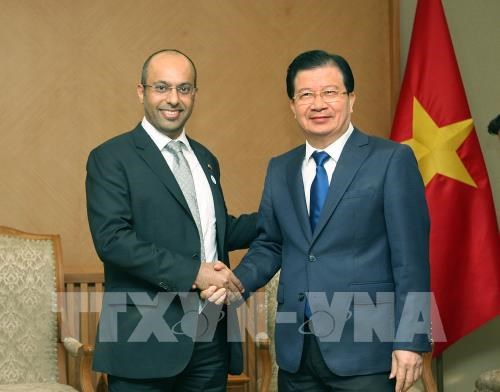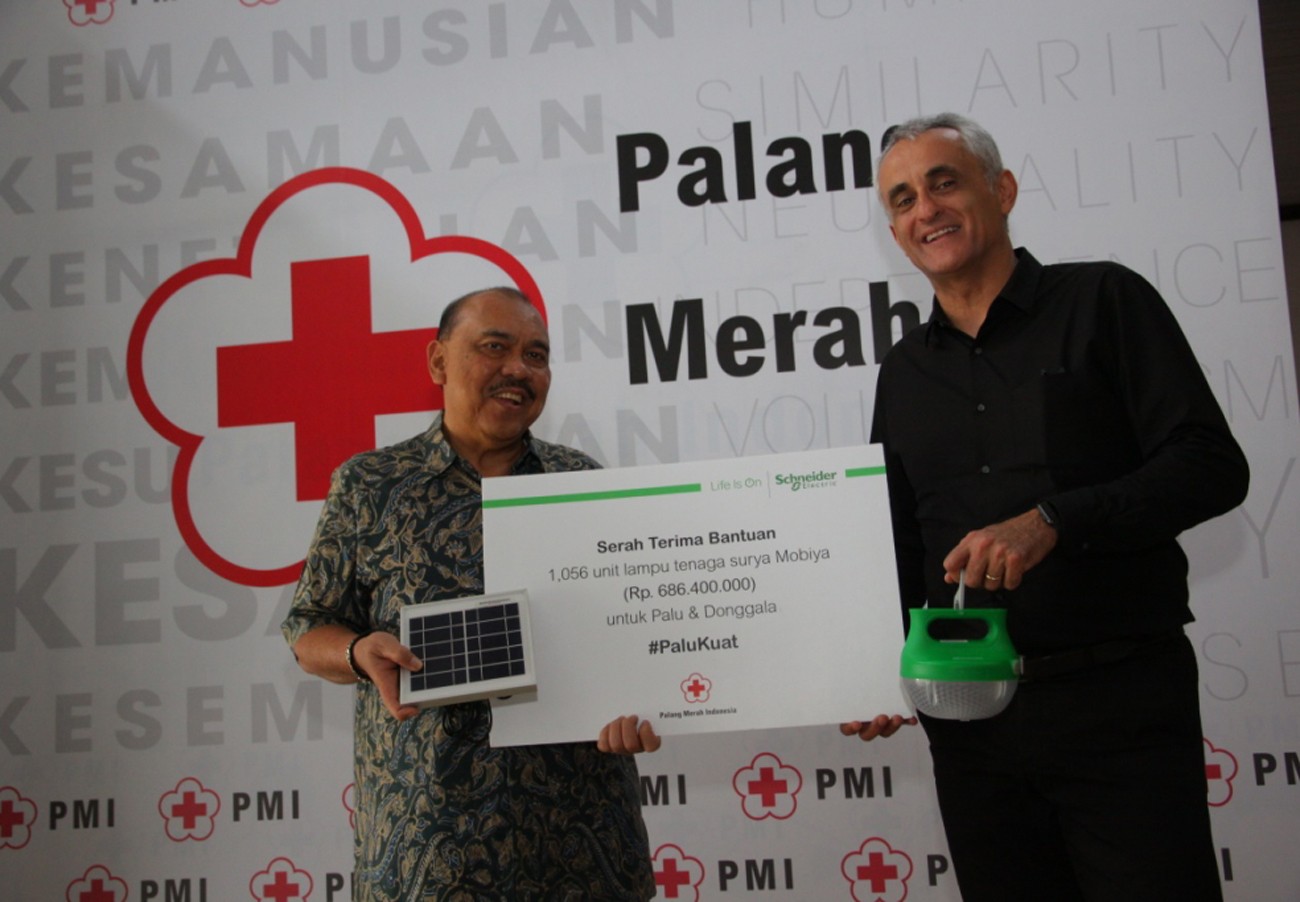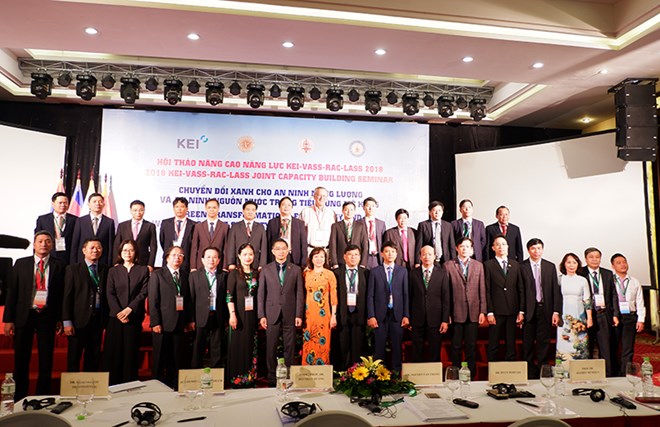BEIJING, China — A top think tank here welcomed the upcoming state visit of Chinese President Xi Jinping to the Philippines, saying it is a manifestation that the two countries are ready to work together despite competing claims to some parts of the South China Sea.
Xi is set to visit Manila and hold talks with President Rodrigo Duterte after the Asia-Pacific Economic Cooperation (APEC) Summit in Papua New Guinea in November.
“It’s a very important positive sign for both countries, the high level exchanges between our two countries. It will benefit the two sides despite what happened in the past. We look at the future,” Yuan Youwei, Deputy Director-General of the Department of External Affairs for China Center for International Economic Exchanges, told reporters on Tuesday.
“I think if you have this picture in your mind, you think the difference [as] just one point [in the overall bilateral relations]. It is very small. You cannot blind your eye. You cannot overshadow the other things.”
Relations between China and the Philippines have improved considerably under Duterte who temporarily set aside the arbitral ruling that invalidated Beijing’s excessive claims over South China Sea in order to forge stronger trade and economic ties with the Asian power.
Ahead of Xi’s visit, China’s Foreign Minister Wang Yi will have a meeting with the Philippines’ Department of Foreign Affairs on October 29 aimed at formalizing a framework agreement between the Philippines and China on the joint energy exploration agreement in the South China Sea.
Wang was supposed to be in the Philippines from September 16 to 18 for the talks but it was postponed due to Typhoon Ompong.
Malacañang earlier said a joint exploration deal would help the Philippines meet its energy requirements in the face of rising global fuel costs which impact local prices.
The Palace underscored the need to iron out a deal with China as the supply from the Malampaya gas project in Palawan, which accounts for 20 percent of the country’s electricity requirements, is forecast to start declining by 2022.
Outgoing Foreign Affairs Secretary Alan Peter Cayetano had said the Philippines was open to a 60-40 deal, in favor of Manila, should a joint development undertaking pushes through with China.
He previously mentioned that Reed Bank or Recto Bank, which is within the Philippines’ exclusive economic zone, could be a site for exploration.
The Philippines suspended exploration in the Reed Bank in 2014 as it pursued international arbitration of its maritime dispute with China.
Cayetano said that any planned energy exploration deal with China would comply with the Philippine Constitution and international laws.
“We need to look at the future. What is the most important thing to both countries? That is the goal we are thinking. We have to look at the bigger picture that is for the benefit of both countries,” Yuan said.
Xi last visited Manila in 2015 for the APEC meetings with the Philippines still under Benigno Aquino III who pursued the arbitration case. —KBK, GMA News








